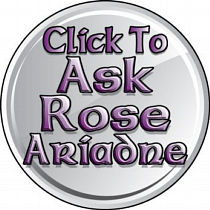This depends on who you ask. Wicca is traditionally a pagan path that is based
on a belief in nature as the ultimate deity. Wicca is form of paganism, and pagans
do not believe in Jesus Christ or the stories of the Bible. Wiccan beliefs pre-date
Christianity and do not include an acceptance of the Christian doctrine. In addition,
certain Christian groups take portions of the bible to persecute and judge those
who practice witchcraft. Christians and witches do not have the best of histories.
During the burning times, hundreds of thousands of witches were killed in the
name of Christianity.
Despite this violent past, a lot of people seek to bring the two faith systems
together. A sub-culture of Wicca has developed called Christo-Eclectic Wicca
or Christian Witchcraft. Christianity and Wicca, at their truest form, do not
contradict one another. Since there are many forms of Christianity that do not
hold the same fundamental beliefs that witchcraft is Satanic, it is totally
possibly to blend forms of Christianity with forms of Wicca. Christian Witches
follow a personal spiritual journey. Some describe Christianity as their spiritual
faith, and witchcraft as their method of spiritual practice.
But Christian Witchcraft is far from being new. In fact, there is a tradition
of Christian Witchcraft called the Norvicensian tradition that dates back to
the 5th and early 6th century. When Christianity first came to what would become
the British Isles, it was blended with the pagan traditions of that area. What
resulted was a group of mystical women who developed what is now the foundation
of Christian Witchcraft. The threefold path of Christian Witchcraft, according
to this tradition, is nature mysticism, spiritual feminism and the valuing of
ritual. There are still witches who carry on this tradition today and many have
online sources for seekers of this particular path. Just doing a search online
for Norvicensian Christian Witchcraft will bring lots of resources.

